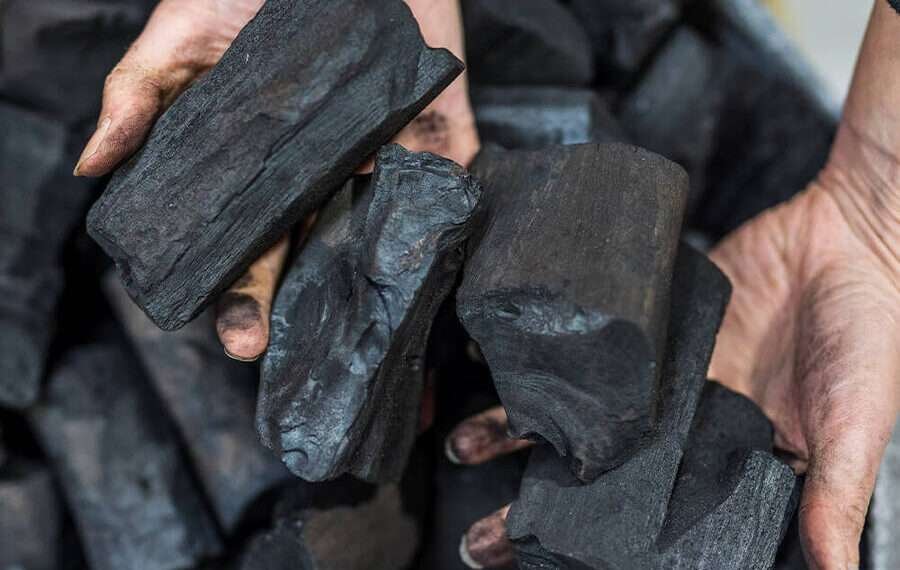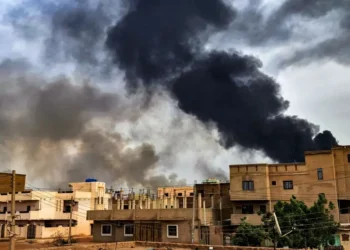As part of efforts to increase the country’s foreign exchange earnings and enable stakeholders in the charcoal value chain to benefit from the $5.41 billion global charcoal market, the federal government has placed a conditional resumption on charcoal exportation.
ReportLinker, an international market research firm, in its global market report, showed that the global charcoal market grew from $5.14 billion in 2022 to $5.41 billion in 2023 at a compound annual growth rate (CAGR) of 5.3 per cent. It also projected that the charcoal market will grow to $6.51 billion in 2027 at a CAGR of 4.7 per cent.
Considering the immense value of charcoal on a global scale, the federal government decided to review its decision to ban exportation of the product which was initially banned by the Muhammadu Buhari administration as one of its measures to tackle deforestation ravaging the country.
The lifting of the ban was disclosed by Mohammed Abdullahi, the Minister of Environment. According to him, the ministry has observed that many businesses have been unintentionally affected, especially those converting waste to wealth for export by the ban.
“As a responsible government, we would not be rigid in our policies, and will always listen to citizens on how these policies affect them.”
Mohammed Abdullahi
The minister explained that the government has considered the submissions of stakeholders in this meeting and previous ones on the need to revisit the decision taken in 2018 and 2020 respectively in the interest of the country.
“After careful deliberations, I hereby pronounce the conditional lifting of ban/suspension on the export of charcoal and processed wood respectively.”
The Decision, An Opportunity for Private Sectors
The minister further maintained that the government’s decision is an opportunity for private sectors and individuals to massively invest in the lucrative venture. He, however, cautioned operators in the industry to adhere to the Nigeria timber legality standards and guideline for wood and charcoal export to avoid prosecution as the decision to lift the ban could be revisited by failure to comply with the laid down rules and regulations
Commenting on the development, Ezra Yakusak, the Executive Director/CEO of the Nigerian Export Promotion Council (NEPC), commended the government for lifting the suspension, but warned exporters to play by the rule if they intend to maximise the opportunities in the export business.
Yakusak assured that the NEPC is more than ready and willing to support Nigerians who wish to export the product by providing seamless trade facilitation.
Despite the multi billion dollar potential seen in the charcoal market, the Wood and Wood/Furniture group, under the auspices of the Manufacturers Association of Nigeria (MAN), holds a contrary opinion. The group, in its assertion, described the recent lifting of ban on wood and charcoal by the federal government as anti-manufacturing, saying it will aggravate the depletion of the forestry reserves.
In a communiqué signed by Ngozi Oyewole, the Chairman of Wood/Furniture group, MAN, the group noted that the recent approval for charcoal exportation would further aggravate the depletion of the forestry reserves thus compounding the deforestation situation and climate crisis in the country.
They, moreover, noted that the ban will lead to supply shortages in wood and allied products as well as result in sharp and astronomical price increases in wood and wood based products.
The group, therefore, advocated the establishment of a technical institute which will be solely dedicated to wood and allied products to train and equip human capital for the expansive wood industry. It called for the revamping of the tree planting policy of the government to mitigate and counterbalance the effect of continuous forest degradation.
“Government to create the enablers and incentives to encourage private sector and individuals participation in establishing tree plantations’’.
Ezra Yakusak
Meanwhile, the United Nations Food and Agriculture Organisation (FAO) in a publication titled, “The State of the World’s Forests (SOFO) 2022”, said over 40 million Nigerians or one-fifth of the country’s population are engaged in fuelwood collection and charcoal production, which provides an estimated 530,000 full-time equivalent direct jobs for the teeming populace.
The publication, released at the 15th World Forestry Congress (WFC) in Seoul, South Korea, further disclosed that an additional 200,000 people, on a full-time basis, provide transport services for retail and wholesale trade in Nigeria’s fuelwood and charcoal production sector.
READ ALSO: Ghana Stock Exchange Director Makes the List of World Federation of Exchanges Women Leaders





















